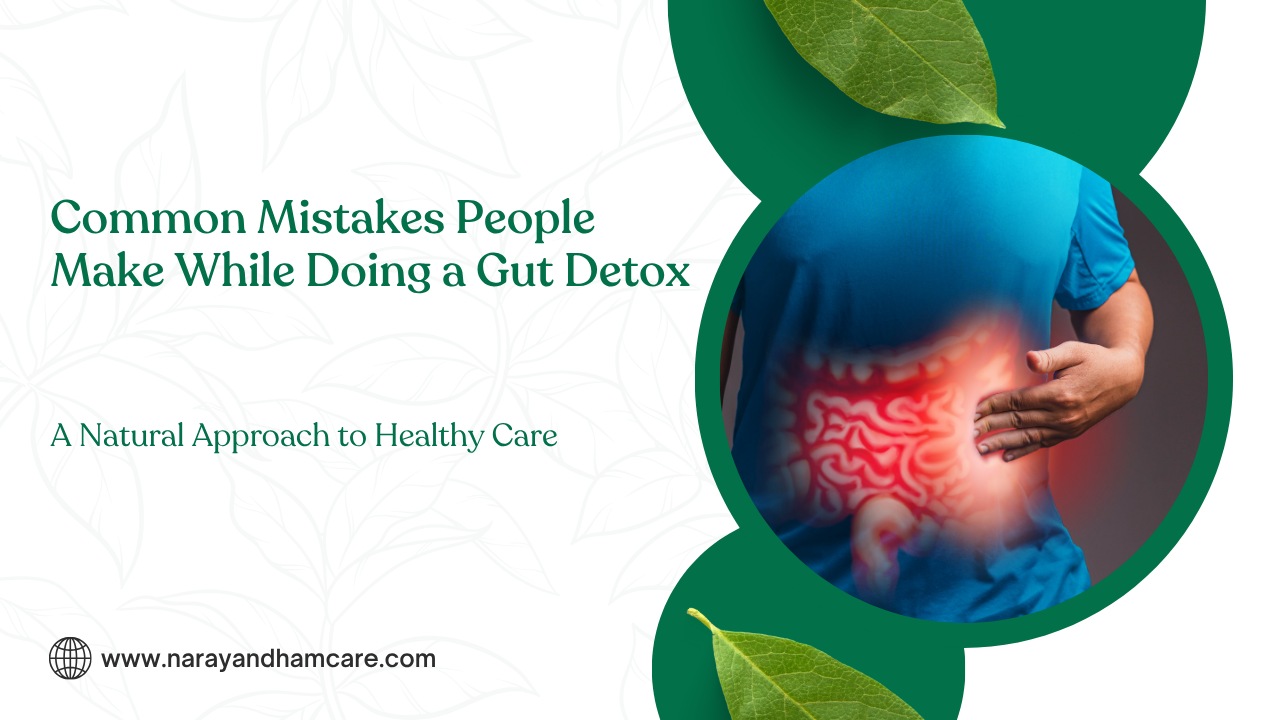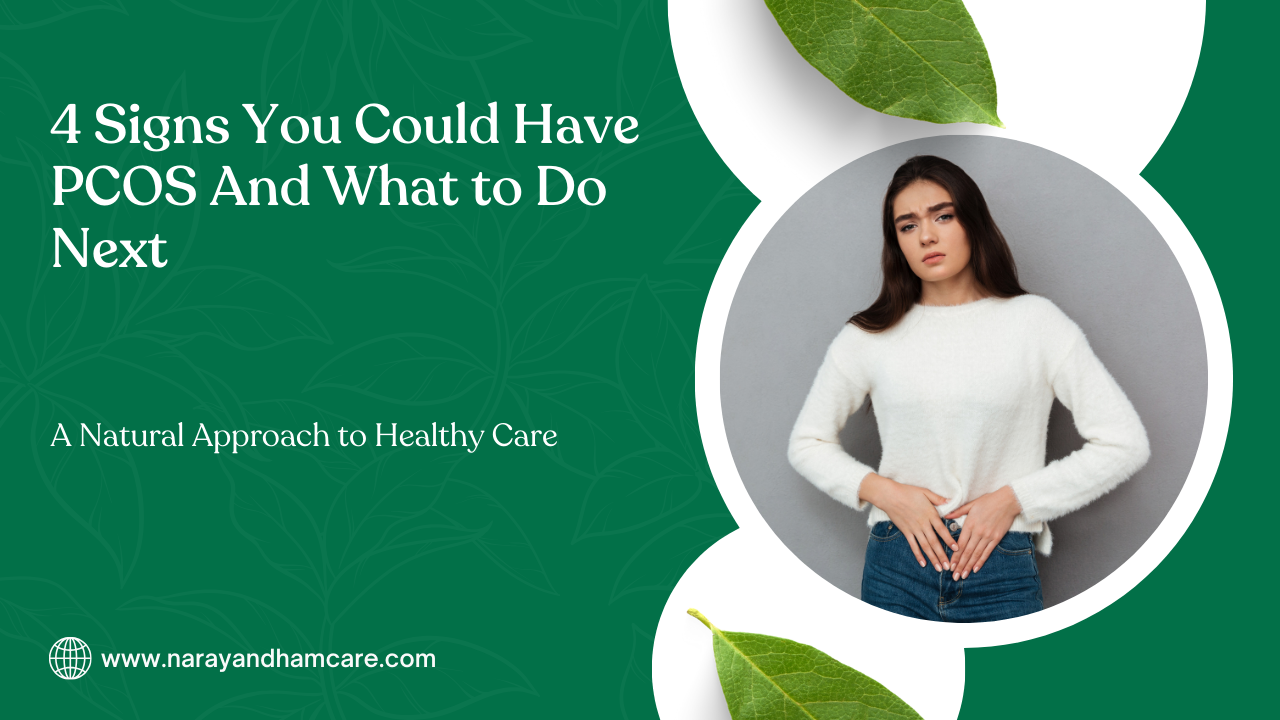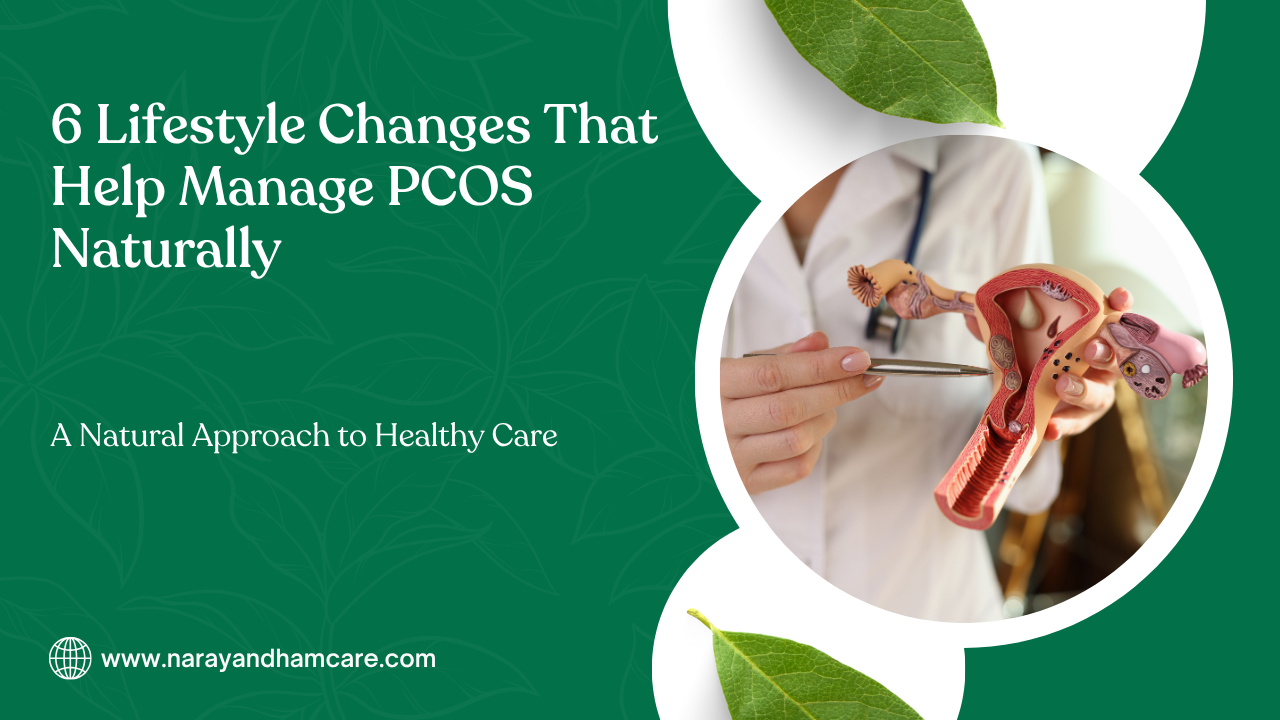Gut Detox Introduction
Many people try a gut detox to feel healthier, reduce bloating, or get more energy. Some want to improve digestion. Others hope for better skin or mood. A gut detox means cleaning or resetting your digestive system — especially your stomach and intestines — by using food, drinks, or supplements to remove waste and bad bacteria.
This idea sounds great, but gut cleanses are not always done the right way. When done incorrectly, they can cause gut detox problems like tiredness, headaches, or skin breakouts.
This blog will help you understand the common mistakes during gut detox and how to do a gut detox correctly. We’ll also share tips, signs something is wrong, and how to protect your health while cleansing.
Gut Detox: Problem
Many people begin a gut detox without proper knowledge. They may follow trends on social media or try extreme detox diets without expert advice.
So, what’s the main problem?
People often detox too fast or use harsh methods.
They may follow unsafe or misleading advice.
They don’t understand the real needs of their gut.
As a result, they feel worse, not better. You might ask:
- Why do I feel worse during a gut detox?
- Why is my skin breaking out or my energy so low?
This blog will help you avoid those gut detox side effects and do a gut health reset the smart way.
Symptoms of a Bad Gut Cleanse
If your gut detox is not working well or is too strong, you may feel:
- Headaches or brain fog
- Nausea or stomach cramps
- Skin rashes or breakouts
- Feeling tired all the time
- Mood swings or feeling irritated
- Trouble sleeping
- Frequent or urgent bathroom trips
- Bloating or gas
- Feeling worse instead of better
These are signs that your body may be reacting badly. These can be called symptoms of bad gut cleanse or a detox reaction (also called Herxheimer reaction). These happen when the body is overloaded with toxins being released too quickly.
Warning: If these symptoms last more than a few days or get worse, stop the detox and talk to a doctor.
Solution: How to Do a Gut Detox Correct
Here are simple, safe, and smart ways to avoid gut cleanse mistakes and improve your gut health.
- Start Slowly
Don’t jump into a heavy detox diet. Your body needs time to adjust.
- Begin by cutting back on processed foods and sugar.
- Slowly add more fiber and fermented foods.
Avoid: Unsafe gut detox practices like fasting for too long, or using strong laxatives.
- Eat Real, Clean Food
A good detox diet for gut health includes:
- Leafy greens, berries, apples, bananas
- Brown rice, oats, quinoa
- Yogurt, kefir, sauerkraut (natural probiotic detox sources)
- Garlic, onion, asparagus (prebiotics)
Focus on healing gut inflammation instead of just flushing your system.
- Stay Hydrated
Water helps remove toxins and keeps digestion smooth. Aim for:
- 8–10 glasses of water a day
- Herbal teas like peppermint or ginger
- Add Probiotics (Carefully)
Probiotics can support a healthy leaky gut cleanse and reduce bad bacteria. But too much at once can cause gas or bloating.
Start with:
- A small daily probiotic yogurt
- Or a low-dose supplement
- Don’t Forget to Rest
During a detox, your body is working hard to clean itself. You may feel sleepy.
Why gut detox makes you tired?
Because your body uses energy to fight off bad bacteria and release toxins. Resting helps healing.
- Watch for Detox Reactions
If you notice the signs of bad gut bacteria die-off (like rashes, headaches, or tiredness), slow down. Take a break and reduce your detox foods or supplements.
- Avoid These Common Mistakes
What not to do on a gut detox:
Skipping meals
- Using only juices or teas
- Taking too many supplements
- Ignoring how your body feels
- Believing detox myths without research
Colon cleanse myths often promise quick fixes, but real gut health takes time and balance.
Frequently Asked Questions (FAQ)
Q1: Is gut detox safe?
A: It can be safe if done slowly and with healthy food. Avoid extreme cleanses or harsh products. Always listen to your body.
Q2: Why do I feel worse during a gut detox?
A: It could be a detox reaction. This means toxins are leaving your body quickly, causing headaches, fatigue, or mood swings.
Q3: Can gut detox cause side effects?
A: Yes, especially if you go too fast or use strong products. Side effects may include tiredness, rashes, or stomach pain.
Q4: What happens if you detox too fast?
A: Detoxing too fast can overload your liver and gut. It may cause more harm than good. Slow is better.
Q5: Why your gut detox isn’t working?
A: You might be using the wrong foods, skipping key nutrients, or not giving your body enough time to heal.
Conclusion
A gut detox can be a great way to refresh your body and feel better — but only if you do it right. Many people make gut cleanse errors that lead to side effects and problems.
Here’s what you should remember:
- Take it slow
- Eat whole, clean foods
- Stay hydrated
- Use probiotic detox carefully
- Rest and watch your body’s signals
Avoid gut detox mistakes by using facts, not fads. Real healing takes time.
Have you tried a gut cleanse? What helped you the most — or what didn’t work at all? 💬
Comment below and share your story — your experience could help others.





